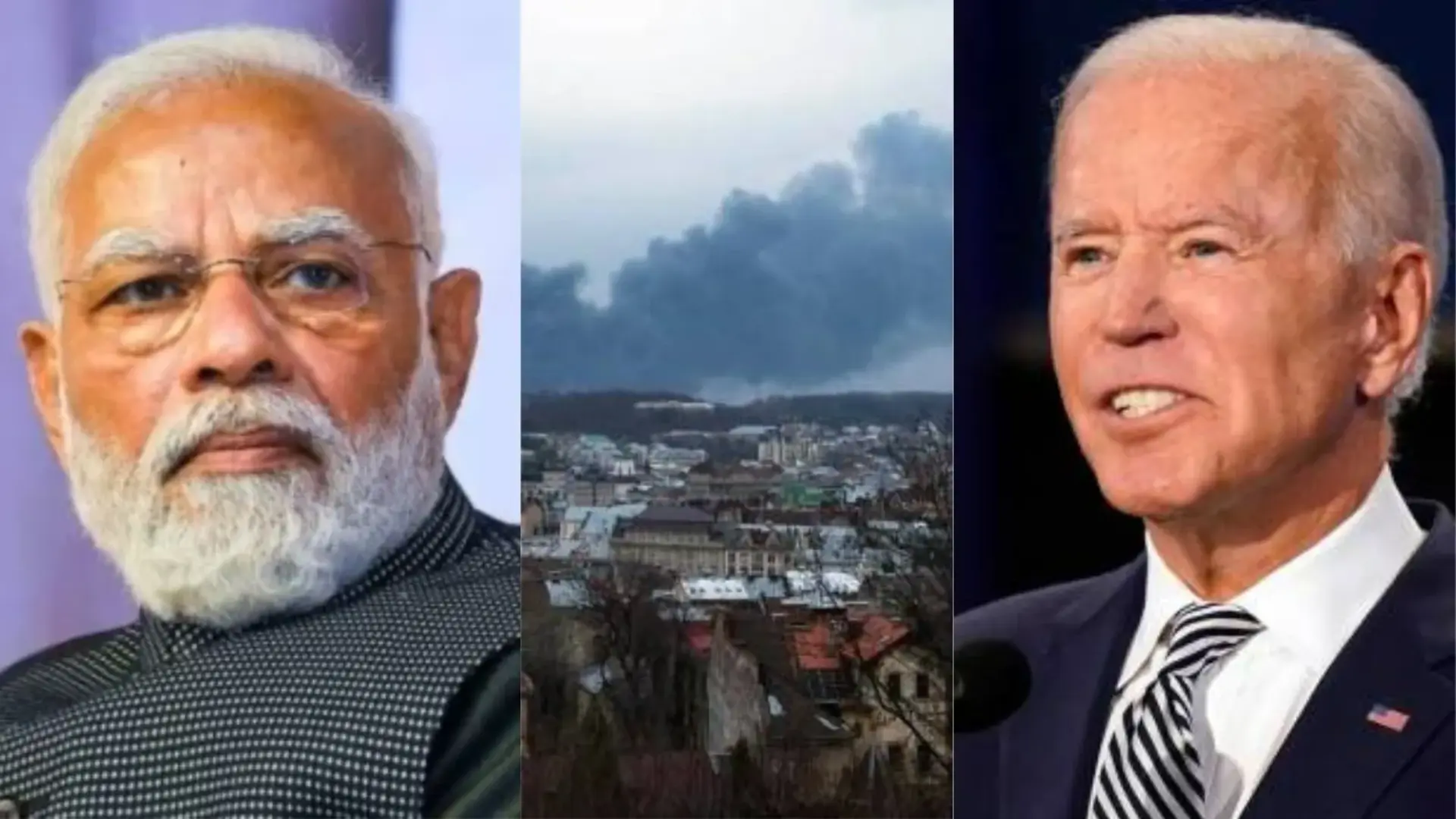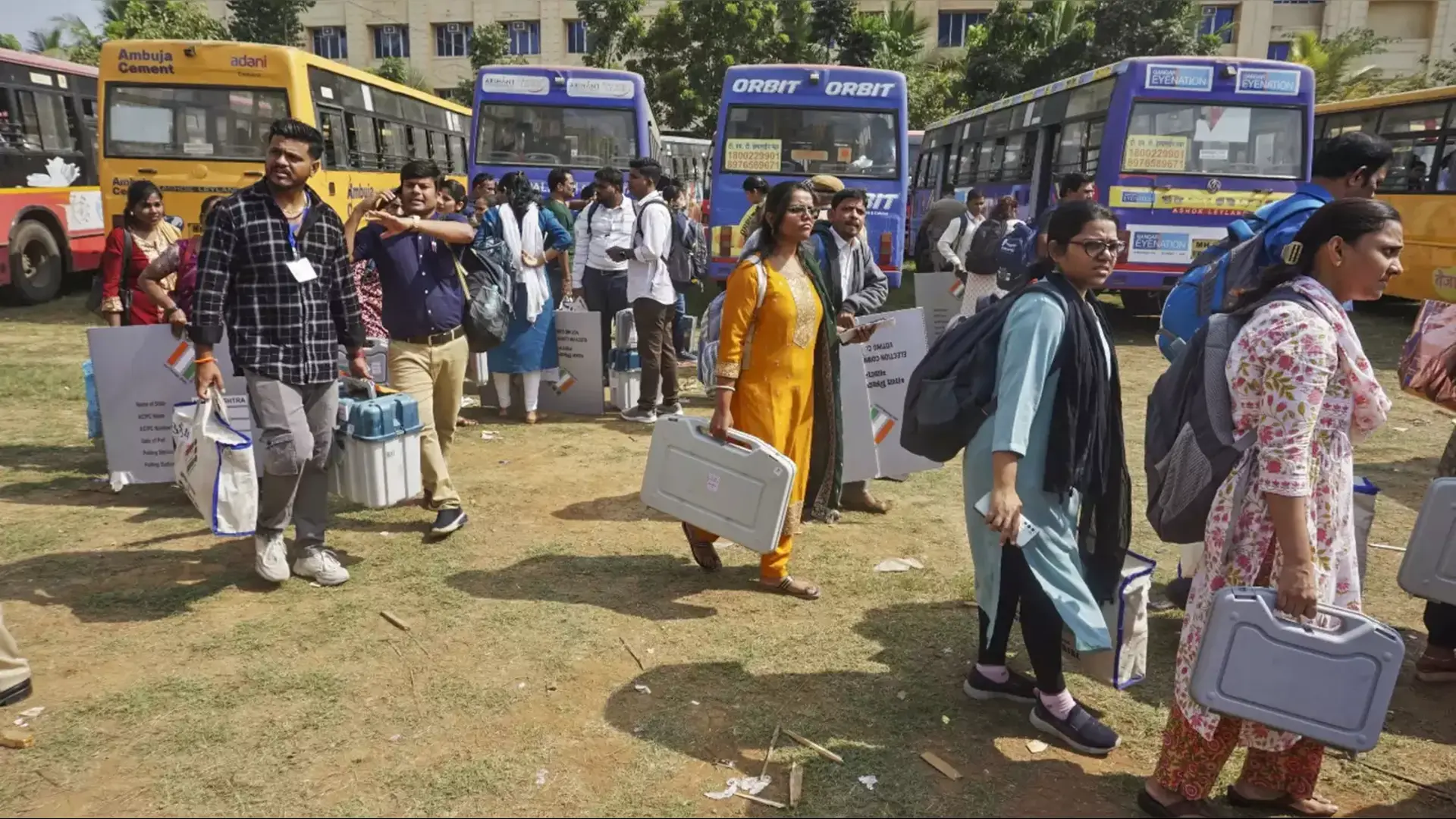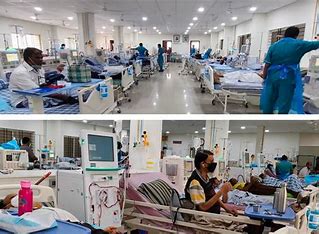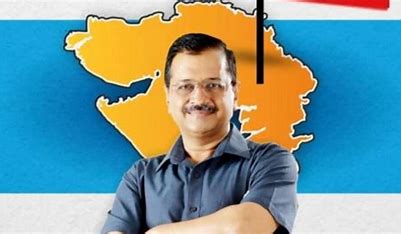In 2018, 60 seats went to polls in Nagaland. With the help of the BJP as a minor partner, former CM Neiphiu Rio formed a government under the banner of his new outfit, the National Democratic Progressive Party (NDPP). The NDPP came in second place with 17 seats and a 25.3 per cent vote share while its pre-poll alliance partner BJP secured 12 seats and a 15.3 per cent popular vote. The NDPP-BJP alliance upstaged the Naga People’s Front (NPF), the largest party after the elections with a 38.78 per cent popular vote and 26 seats. State politics witnessed a tectonic shift in 2021. At first, the NPF joined the NDPP-led government in September 2021; later in 2022, 21 NPF MLAs defected to NDPP. As a result, the state was left with no credible opposition ever since.
The landmark Naga Peace Accord signed between the centre and the National Socialist Council of Nagaland (Isak-Muivah) (NSCN-IM) in 2015 changed the contours of the Naga issue in the state. However, the situation was back to a logjam in 2019 over NSCN-IM’s demand for a separate Naga flag and a constitution. Other parties to the Naga issue such as the Eastern Nagaland Peoples’ Organisation (ENPO) and the Naga National Political Groups (NNPGs) are blaming the centre for non-fulfilment of the promises made under the 2015 Accord, attempting to use the issue as a rallying cry to mobilise people against the NDPP-BJP government. The NDPP-BJP will continue their alliance in 2023, but the seat-sharing agreement leaves no room for NPF.
The Congress, which failed to open its account in 2018, is aiming to benefit from both the Naga issue and raising other key concerns such as unemployment, power shortages, and delays in constructing a medical college.















